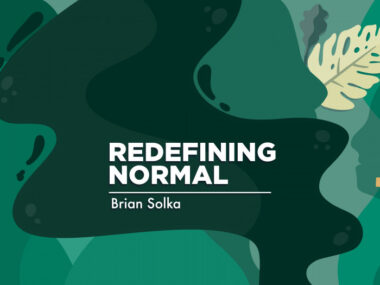NICE Favors Adding Epidyolex, Cannabidiol Oral Solution, to NHS for Lennox-Gastaut Patients in England
Written by |

The National Institute of Health and Care Excellence (NICE), an arm of the United Kingdom’s public health system, favors use of the oral cannabidiol solution Epidyolex as an add-on to clobazam to treat seizures associated with Lennox Gastaut syndrome (LGS) and Dravet syndrome in patients in England starting at age 2.
This is the first time a plant-derived, cannabis-based medicine has been recommended by NICE to be routinely covered by the country’s National Health System (NHS), making it available at no or low cost.
“This is a momentous occasion for U.K. patients and families who have waited for so many years for rigorously tested, evidenced and regulatory approved cannabis-based medicines to be reimbursed by the NHS,” Chris Tovey, CEO of GW Pharmaceuticals, the developer of Epidyolex, said in a press release. “This is proof that cannabis-based medicines can successfully go through extensive randomized placebo-controlled trials and a rigorous NICE evaluation process to reach patients.”
Epidyolex is a purified and oral form of CBD, the most common non-psychoactive cannabinoid compound found in the cannabis plant. CBD is thought to exert an anti-seizure effect by indirectly regulating the activity of the brain’s endocannabinoid system (ECS), which is key to modulate several essential neurological functions.
In contrast to other cannabis-plant elements, CBD does not have the mind-altering effects associated with the plant that gives users a “high.”
Under the name Epidiolex, this cannabidiol solution was approved by FDA more than one year ago to treat seizures in children and adults with Dravet syndrome and LGS.
NICE’s recommendation follows the European Commission (EU) approving this medicine in September for the same patient population, as an add-on to the anti-epileptic generic medication clobazam (brand names Onfi and Sympazan), after a favorable opinion by the European Medicines Agency (EMA).
EU approval was based on data from three randomized and controlled Phase 3 clinical trials (NCT02091375, NCT02224703 and NCT02224560), and an open-label extension study (NCT02224573).
Data from these trials showed that treatment with Epidyolex significantly reduced the frequency of convulsive seizures by 38%–44%, and all seizures by 39%–51%. Epidyolex also was able to improve overall health and clinical status in approximately 80% of patients at six-month and one-year treatment intervals.
Epidyolex was generally well-tolerated, with most frequent adverse side effects including sleepiness, decreased appetite, diarrhea, fever, fatigue, and vomiting. Approximately 29% of trial participants experienced serious adverse events, with 8% deemed to be associated with Epidyolex.
“This is a significant moment for adults and children with the most difficult to treat epilepsies. NICE’s recommendation of cannabidiol oral solution follows a period of great anticipation and enthusiasm for patients and their clinicians. The European Medicines Agency (EMA) license and availability through the NHS is welcome as we badly need additional effective treatments for Dravet and Lennox Gastaut syndromes,” said Rhys Thomas, MD, a consultant neurologist at the Royal Victoria Hospital.
Following the marketing approval in Europe of Epidyolex, GW has been working with institutions in the U.K., Germany, Spain, France, and Italy to ensure health system reimbursement ahead of the medicine’s launch.


